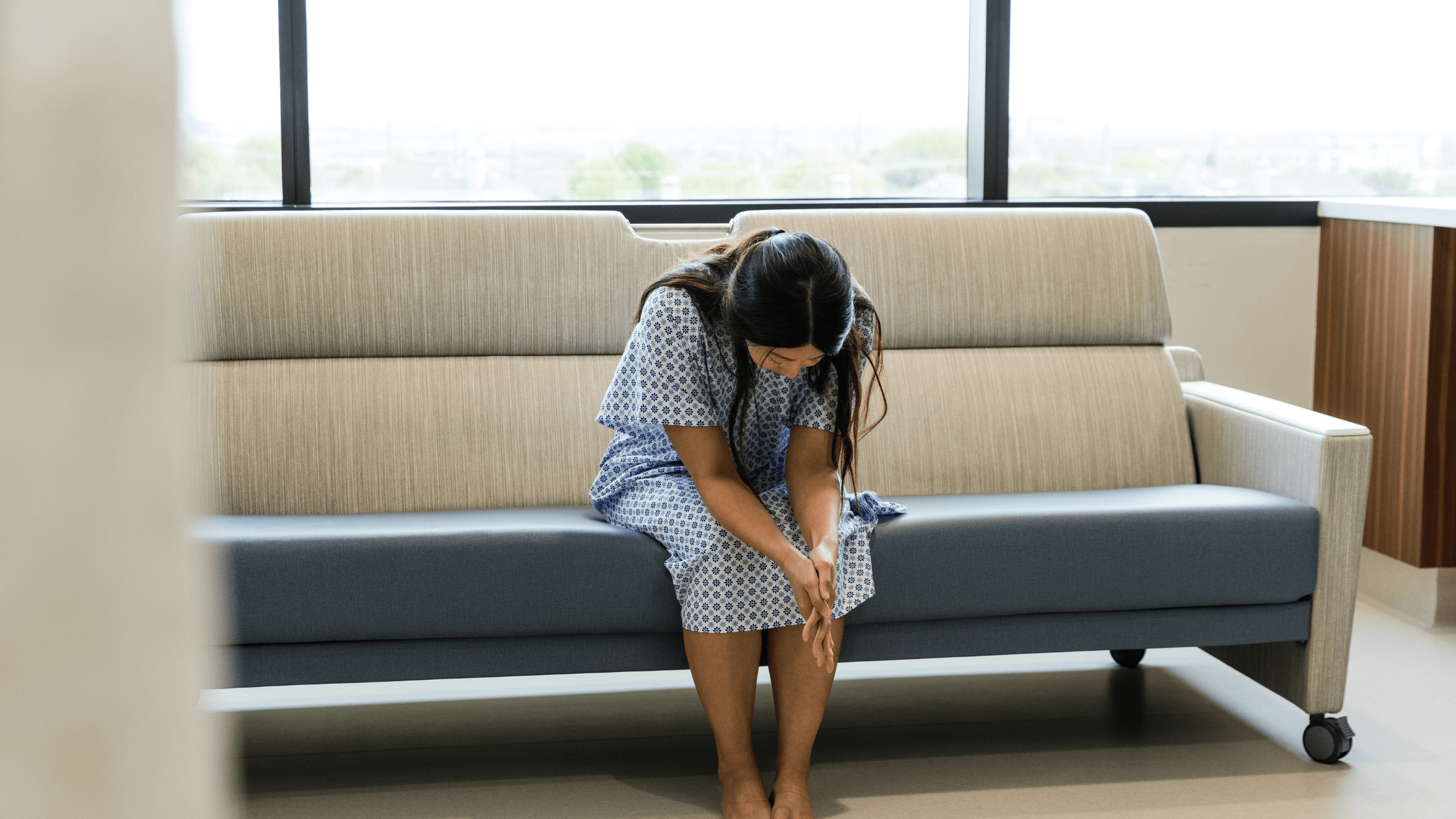Miscarriages – The facts and how miscarriage affects your fertility treatment

The grieving process
Everyone is different. You may find that your emotions come pouring out, or it may be that you feel numb. However you are feeling, it’s important that you acknowledge those feelings and allow yourself to grieve for your loss. You and your partner (if you have one) may react in different ways and your healing time might be different too. It’s important to share with each other how you are feeling and to talk to your doctor for support too.
– Give yourself the time and space that you need for healing
– Talk to people who will acknowledge your feelings
– Have couple time, doing something together that you both enjoy
You may find the following organisations helpful, as they offer information and emotional support, for families who have been through miscarriage or still birth:
https://www.miscarriageassociation.org.uk/
https://www.tommys.org/baby-loss-support
Will having a miscarriage affect my chances of having a baby?
Many people who have experienced miscarriage go on to have a successful pregnancy, either through conceiving naturally, or through IUI or IVF, including women who have had a molar or ectopic pregnancy.
If you have had an ectopic pregnancy and your tubes are scarred, damaged or blocked, you may have more success with conceiving by going through IVF treatment.
Anarticle from the Huffington Post states that:
‘Women who miscarry during their first full round of IVF are more likely to have a baby after further treatment, than women who don’t get pregnant at all, a study has found.
Researchers from the University of Aberdeen, who studied more than 100,000 women, hope the findings will provide comfort to those who are devastated when a much-desired IVF pregnancy ends in a miscarriage.
The study found that the chance of having a baby through further cycles of IVF was 10% higher for women who had previously suffered a miscarriage, than for those who had not become pregnant.
“Miscarriage can be a devastating experience for any couple, but especially for those who have already struggled with infertility, ”said Natalie Cameron from the University of Aberdeen, who carried out the study.
“We hope our findings will provide reassurance to these couples as they consider their options for continuing treatment.”

When is the right time to try again?
There is no set time for everyone, it’s very individual. Some people feel like trying again will help them to cope with their loss, others worry about how they will cope if they miscarry again. If you are in your late 30s or early 40s, you may feel time-pressured, but it’s also important to heal physically and mentally, before trying to conceive again.
Here are some key facts about the timing:
· To avoid the risk of infection, it’s wise to abstain from sexual intercourse until all of the bleeding has stopped
· It is wise to wait until after your next normal period, before trying to conceive again
· Conceiving within 6 months of a miscarriage may reduce the risk of another miscarriage
· If you have had a molar pregnancy, it’s advisable to wait until your follow-up sessions have finished and to wait a year after chemotherapy
Your GP or fertility specialist will be able to give you the best advice for your own personal circumstances.
Here at The IVF Network, we understand the emotional and physical challenges of going through infertility, fertility treatment and loss. We know that scrolling the internet for answers to your questions, can often lead to frustration and overwhelm. That’s why we provide a range of information, through our dedicated channel of experts, our website and our blog posts, to support you on your journey and to help you to make informed choices.
References
‘Thinking about another pregnancy’ Miscarriage Association
https://bwww.miscarriageassociation.org.uk…
‘Trying again’ Miscarriage Association
https://www.miscarriageassociation.org.uk…
‘Women Who Miscarry After First Round Of IVF ‘More Likely To Have A Baby After Further Treatment’ Amy Packham, 20/9/2017, Huffington Post
https://www.huffingtonpost.co.uk…